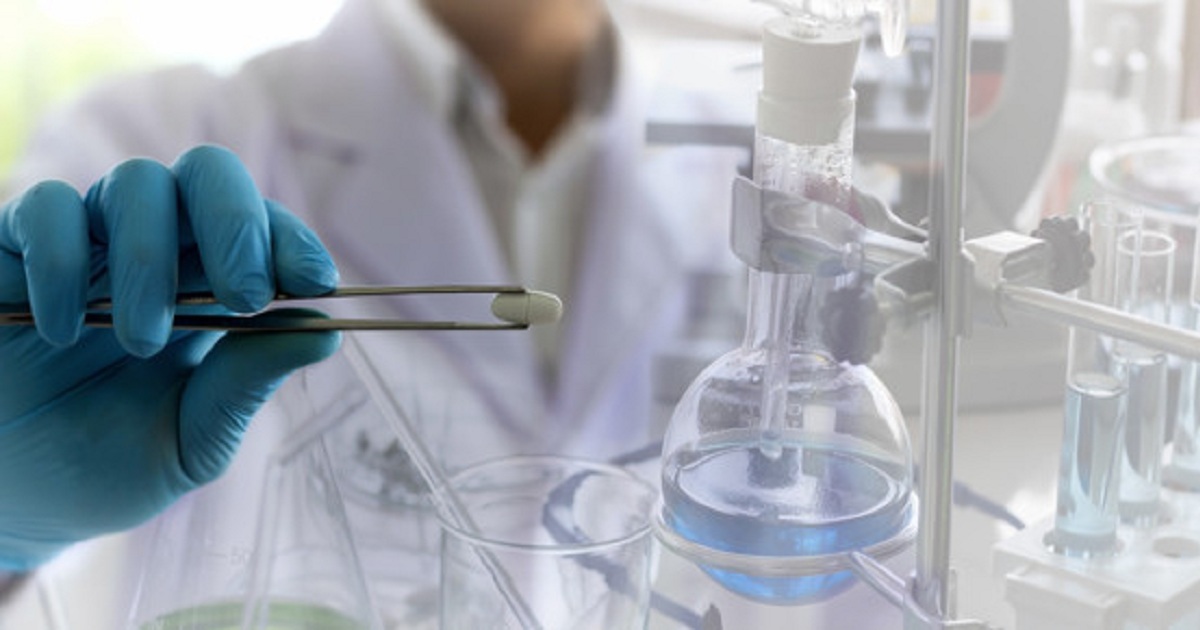Algernon Pharmaceuticals Signs Agreement with Charles River Laboratories for DMT Preclinical Studies
Algernon Pharmaceuticals, Charles River Laboratories | February 11, 2021

Algernon Pharmaceuticals Inc. a clinical stage pharmaceutical development company is pleased to announce that is has signed an agreement with Charles River Laboratories for preclinical studies of AP-188 ("N,N-Dimethyltryptamine or DMT") for the Company's stroke clinical research program. Algernon's preclinical study of DMT will be conducted at the Charles River research facility in Finland.
Charles River Laboratories, Inc. is an American corporation specializing in a variety of preclinical and clinical laboratory services for the pharmaceutical, medical device and biotechnology industries. It also supplies assorted biomedical products and research and development outsourcing services for use in the pharmaceutical industry.
Algernon recently established a clinical research program for the treatment of stroke zeroed in on DMT, a known psychedelic compound that is part of the tryptamine family. The Company plans to be the principal company globally to seek after DMT for stroke in humans and is planning to begin a clinical trial as soon as conceivable in 2021.
The Company's decision to investigate DMT, called "The Spirit Molecule," and move it into human trials for stroke, is based on various independent, positive preclinical studies demonstrating that DMT advances neurogenesis as well as structural and functional neural plasticity. These are key factors involved in the brain's ability to form and reorganize synaptic connections, which are needed for healing following a brain injury.
Unlike other companies recently researching psychedelic drugs, Algernon will be focusing on a sub-hallucinogenic, or microdose of DMT provided by continuous intravenous administration. By pursuing a continuous active microdose, the goal will be to provide patients with the therapeutic benefits of DMT, without having a psychedelic experience. This is an important element when considering treating a patient who has quite recently endured a stroke, wherein medications that cause a hallucinogenic response would cause unwanted confusion and stress.
DMT Background
N,N-Dimethyltryptamine, or DMT, is a hallucinogenic tryptamine drug producing impacts similar to those of other psychedelics like LSD, ketamine, psilocybin and psilocin. DMT happens naturally in many plant species and animals and has been utilized in strict ceremonies as a traditional spiritual medicine by indigenous individuals in the Amazonian basin. DMT can also be synthesized in a laboratory.
At higher portions, DMT has a rapid onset, intense psychedelic impacts, and a relatively short duration of action with an estimated half-existence of under fifteen minutes. Like other hallucinogens in the tryptamine family, DMT binds to serotonin receptors to deliver euphoria and psychedelic impacts. Because the impacts of DMT don't last long, it has been alluded to in certain circles as the "businessman's outing".
Named the "Spirit Molecule" by Dr. Rick Strassman, an American clinical associate professor of psychiatry and DMT research pioneer, and Algernon consultant, DMT has been shown to induce neuroplasticity in a number of key preclinical studies DMT is believed to activate pathways involved with forming neuron connections and has been shown in studies to increase the number of dendritic spines on cortical neurons. Dendritic spines form synapses (connections) with other neurons and are a major site of molecular activity in the brain.
While Dr. Strassman's Phase 1 bolus intravenous human study identified the sub-hallucinogenic portion of DMT in humans, another preclinical animal study demonstrated this same portion level actually retains the neuroplastic impact seen in higher hallucinogenic dosages.
Algernon will be investigating an intravenous sub-hallucinogenic portion of DMT in its research and clinical studies.
About Algernon Pharmaceuticals Inc.
Algernon is a drug re-purposing company that investigates safe, already approved drugs, including naturally occurring compounds, for new disease applications, moving them efficiently and safely into new human trials, developing new formulations and seeking new regulatory approvals in global markets. Algernon specifically investigates compounds that have never been approved in the U.S. or Europe to avoid off label prescription writing.